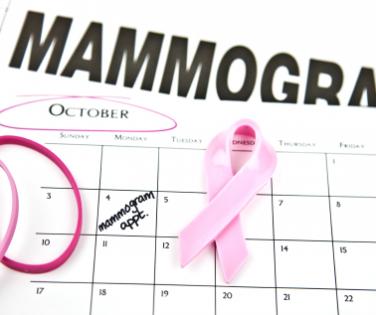A review by a British panel of experts on breast cancer screening has found that for every life saved by screening, about three women are overdiagnosed.
Overdiagnosis occurs when a harmless, benign tumour is identified by screening and unnecessarily treated by surgery and often radiotherapy.
The independent review was led by Professor Sir Michael Marmot of University College, London, and published in the online version of The Lancet, a pre-eminent medical journal.
The researchers reviewed published work and oral and written evidence where women aged 50-70 years had participated in breast screening every three years since 1988. The researchers found that while the screening probably prevents about 1300 breast cancer deaths each year, it also results in about 4000 cases of overdiagnosis.
However, women who had mammograms had a 20 per cent lower risk of dying from breast cancer than those who were not screened, the panel concluded.
The review found that of about 300,000 women aged 50 to 52 years invited to begin screening every year, about one per cent would have a cancer overdiagnosed in the next 20 years.
"On the positive side, screening confers a reduction in the risk of mortality of breast cancer because of early detection and treatment," Professor Marmot said.
"On the negative side, is the knowledge that she has perhaps a one per cent chance of having a cancer diagnosed and treated that would never have caused problems if she had not been screened."
Professor Marmot said that breast screening extends lives and, overall, the benefits outweigh the harm – a view supported by Australian experts.
Professor John Boyages, the director of Macquarie University Cancer Institute, Professor John Boyages, said the report showed the incidence of overdiagnosis might be smaller than initially thought.
"What we do know is that screening saves lives," he told AAP.
He said there had been a reduction in Australia in breast cancer mortality in the past 15 years. "We anticipate a lot of that is because of early detection," he said.
Cancer Council Australia chief executive Professor Ian Olver said although there was overdiagnosis associated with screening, the benefits of early detection far outweighed the risk of overdiagnosis.

















__small.png)










